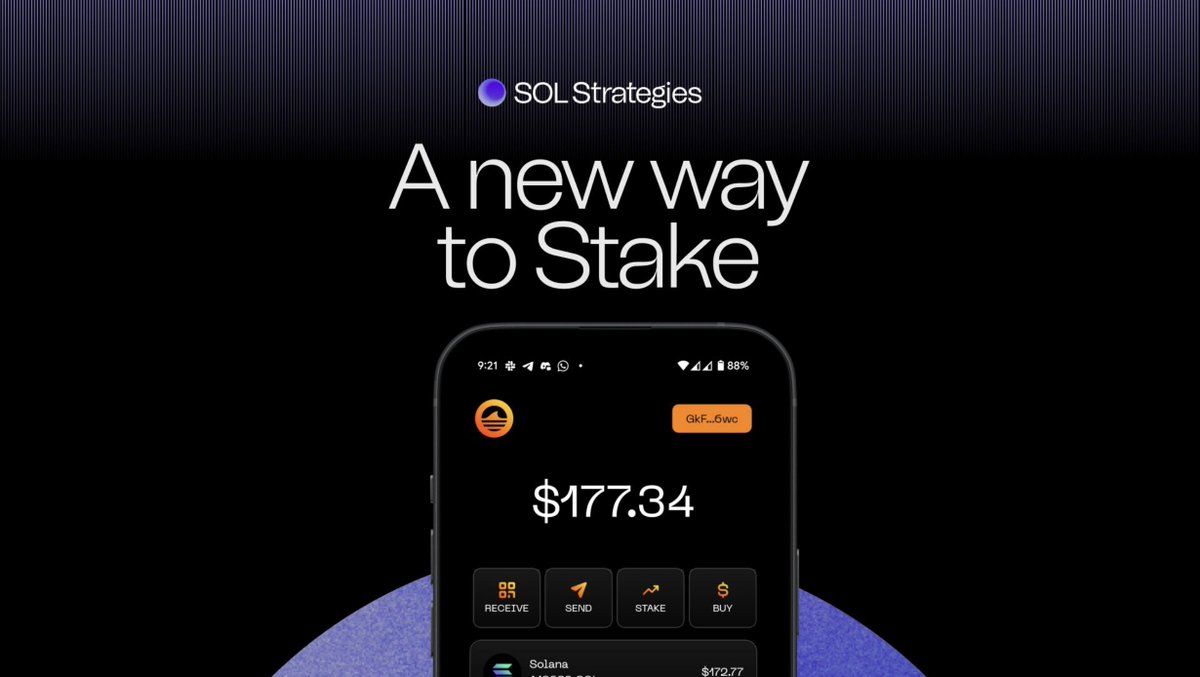Subscribe to Bankless or sign in
Stanford's Blockchain AI Summit highlighted how the crypto industry has barely scratched the surface of opportunities in navigating the impact of the AI age.
The summit itself was a single-day TED Talk-style event on Stanford University’s campus. Unique chats from some incredibly interesting builders from diverse disciplines meant there was a lot of cool stuff being shared—from an overview of AI's potential by someone from a16z, to an appreciation for zk-snarks from a Stanford professor, to how to combat adversarial AI from a big brain at Google DeepMind.
The summit reinforced that AI and blockchain are converging. Blockchain provides a much-needed layer of verifiability, sovereignty, and auditability for AI systems. Whether it’s securing AI computations, preventing adversarial attacks, or proving content authenticity, blockchain is poised to become the trust layer for AI.
As AI systems become more powerful and embedded in everyday life, ensuring that they are transparent, accountable, and resistant to manipulation will be one of the defining challenges of the decade.
As you can see, there were a lot of big ideas at play, but, zooming in, here are five things I learned from...

















 24h Most Popular
24h Most Popular









 Utilities
Utilities